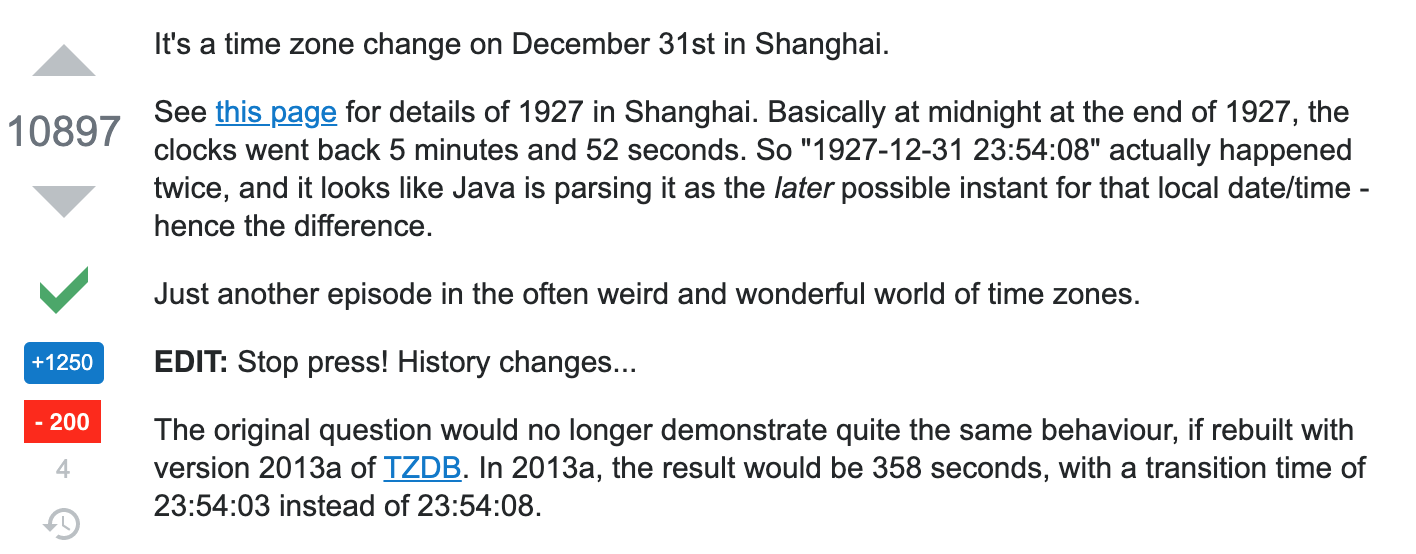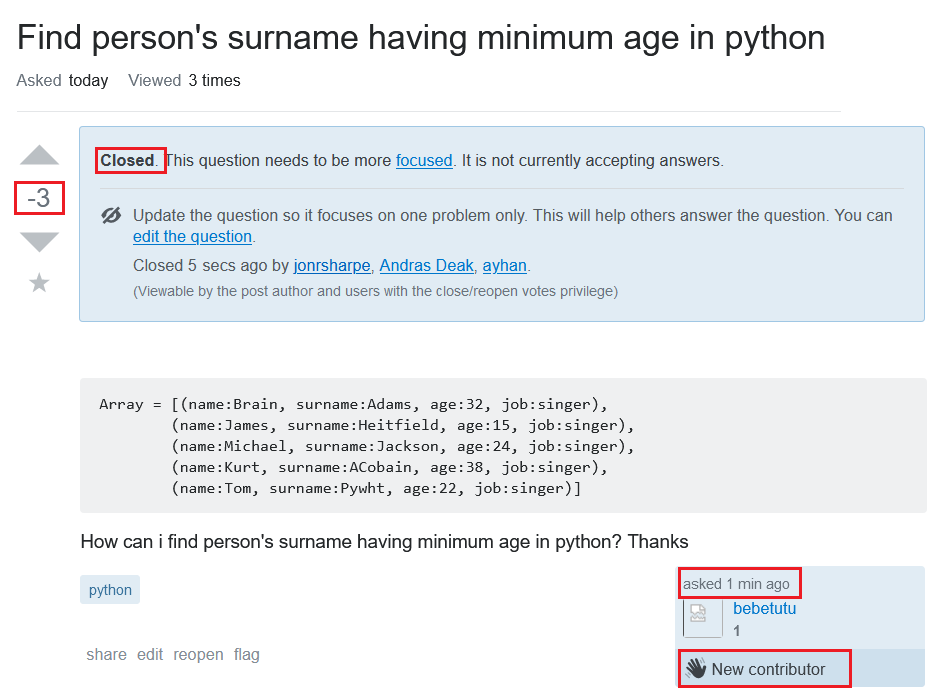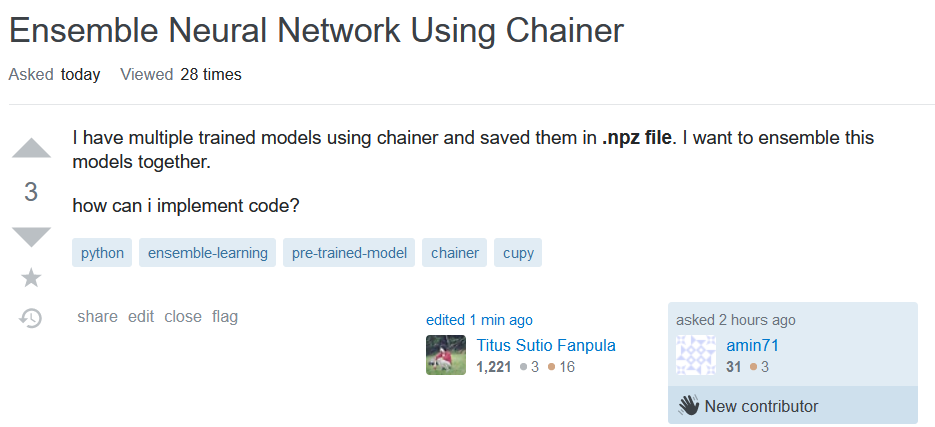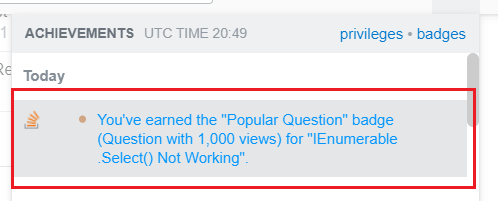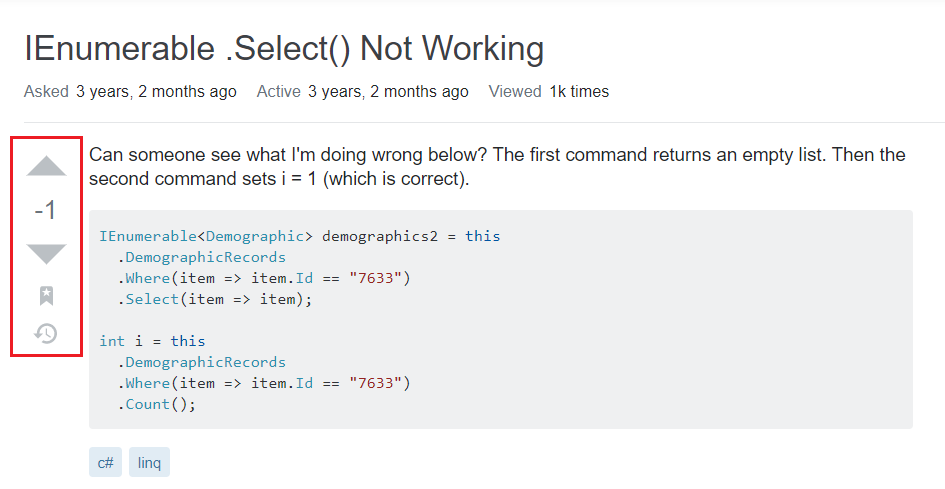TL;DR I think downvotes should be renamed and completely reworked in their logic. The current name and design will necessarily imply negative feelings and will therefore never be used as extensively as it could (emotions > pragmatism).
After reading answers here I can say one thing: Even people on meta don't agree on what downvotes on questions are made for. We should work on that first. Otherwise every discussion is pointless.
Lack of decision implies lack of clarity
People hanging out here are far more informed than the average Stack Overflow user and still it doesn't seem like a consensus is emerging. Therefore it's very unlikely that there would be a consensus in the broader community of active Stack Overflow users (and even less likely over all Stack Overflow users).
Which means: people have no clue about what is expected from them.
The question is even broader than that and I really feel like the problem is related to poor communication on the expected behaviour. I think the rules cover too many subjects and also are too specific. If the site's macroscopic intents were clear, then only people who haven't read the rules would disagree on the general intents of Stack Overflow. But in reality even meta-users still argue on what Stack Overflow is (not what it should be because that would be totally fine). Someone need to make a decision. Consensus is only good when it can be reached in a reasonable amount of time. And decisions should be communicated widely and clearly, Stack Overflow lacks authority and "positioning" (at least that's what I perceive as a simple user).
Where does this problem come from?
I would say from the root of the problem is in the Help center page. It's cool if you search for an answer, but most people will never ask themselves how they should use Stack Overflow. And if they do, they want a short, simple answer that covers all subjects at once. Not a very detailed description of all possible sub-cases.
How can we communicate Stack Overflow intents better?
That's the real question here I think. For example, to encourage downvotes, the first thing needed is to define what a vote is (what it's made for and what's its intent). It's not even worth arguing before this is clear.
This is a very hard question to answer and there is no perfect solution for this. But there is one thing I think could help. I think the tour page should start with a vision, a short presentation of Stack Overflow's intents (similarly to what have been done in the code of conduct, but for how to use the tool, not how to behave like a human being).
I know many people won't ever go to this page, but the simple fact that it exists could be a tool for us to agree on something simple enough that it can be read and approved quickly. It would also be a communication tool. If someone clearly is off-topic, you could send them to this page so they have a rough idea of the philosophy in a few seconds. I feel like this is something Python managed to do quite well with The Zen of Python, by Tim Peters (the idea isn't quite new, but it has proven to work well in practice). It doesn't necessarily define precise actions to take, but it draws a clear philosophical line, starting from that people have their own interpretation, but at least they all move in the same direction, each acting in the best possible way to fit to the "Zen".
We could use some of the guiding principles from this to describe Stack Overflow's intents. In particular I think these apply in this case:
Explicit is better than implicit.
Simple is better than complex.
Flat is better than nested.
Readability counts.
Errors should never pass silently.
What about downvotes!?
I won't talk about communication too much, because that's really not my strong suit.
On the other hand, I'll point out problems and provide some leads to possible answers. First, I don't know what downvotes on questions are intended for so I will only focus on downvotes for answers (questions should be closed or edited. I don't see a middle-ground having any sense here). For answers it's a bit clearer because answers can be wrong (while questions can't). But yet my opinion is that downvotes on answers are not made to say "this answer is wrong" (I'll come back to this).
I would suggest to rename answers' downvotes to not ideal or something similar conveying the same idea (for example, as Raymond Hettinger loves to say: There must be a better way). Let me explain why. There are several kinds of "bad answers" and each of them already have a corresponding action:
- Faulty/wrong (or worse) answers should be flagged (and later deleted).
- Inaccurate/outdated/unclear answers should be edited to add the missing details.
- Non-exhaustive answers should be quoted in the answer you are about to write to cover the missing parts.
- You feel like the answer is bad, but you are unsure then comments are very useful. Same if there is some ambiguity/subjectivity in the answer.
The only thing that remains are answers that are not ideal, pieces of code that work, but they are not very performant/elegant or are not representative of how people usually write it … You get the idea. These answers aren't really bad; they are just not the best you could imagine. The only thing we want for them is to not appear first, thus the "downvote". The downvote says "ok, this answer isn't bad, but there is a better way" (at least that's how I use it).
Words are very important and when you "downvote" an answer it's necessarily negatively perceived by the other. I mean it has "down" in it. How could it be positive or even neutral? The same goes with the icon associated to it, a down arrow. That's maybe one of the worst possible images you could have in your head. (Changing the name of answers' downvote would inevitably come with rethinking the icon.) We are empathetic creatures, and if we don't like "down-stuff" we don't use "down-stuff" on others. That's why downvotes are so rarely used.
Rewarding someone will not turn him/her into a "monster", so that's probably not a viable solution either. Getting -1 rep is nothing compared to the risk of causing pain. Most people probably don't care about the -1, unless maybe people that don't tend to ask/answer questions. If you hate receiving downvotes, you won't give downvote. It is as simple as that. (I'm sure we could observe a correlation between the two.)
Going back to the renaming idea, I think finding the right name/design is far from being easy and it should be tested (new users would be perfect A/B-test subjects). This should also come with communication around the intents (same as before, if the intent aren't clear and simple, it won't be used as expected and negative feelings may arise even from the best design/idea).
It would also be interesting to have dynamic triggers, for example, if the user have:
- not upvoted any question in the thread
- marked a question as "not ideal"
It would trigger a small popup with message to invite him/her to either write a better answer or to pick an existing better answer (this of course will only show occasionally and could be deactivated for more experienced users).
In general I think we should also invite people to interact more with other peoples' answers (quoting/answering problems from other questions). But that's another topic.


